Historical events on January 14

JANUARY 14, 2018
In the "Minneapolis Miracle", American football player Stefon Diggs caught a 61-yard (56 m) touchdown pass that secured the Minnesota Vikings' victory in the National Football Conference divisional playoff game.
The Minneapolis Miracle refers to the final play of a NFC divisional playoff game played between the Minnesota Vikings and the New
Read More
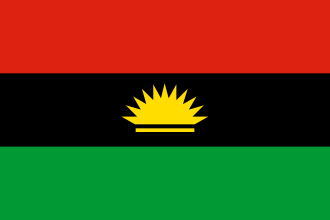
JANUARY 14, 1970
The self-proclaimed Republic of Biafra in southeastern Nigeria surrendered to the federal government less than three years after declaring independence, ending the Nigerian Civil War.
Biafara anglicized as Biafra, officially the Republic of Biafra, was a partially recognised state in West Africa that declared independence from Nigeria
Read More
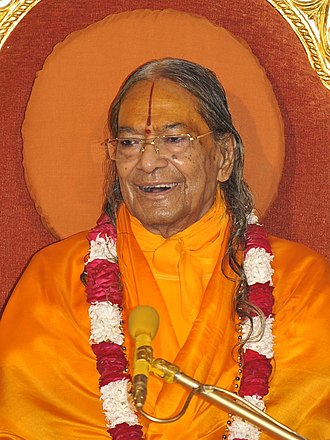
JANUARY 14, 1957
Hindu spiritual leader Kripalu Maharaj was named the fifth original jagadguru, meaning 'world teacher'.
Kripalu Ji Maharaj was an Indian spiritual guru. He was the founder of Prem Mandir in Vrindavan, one of the ten largest
Read More
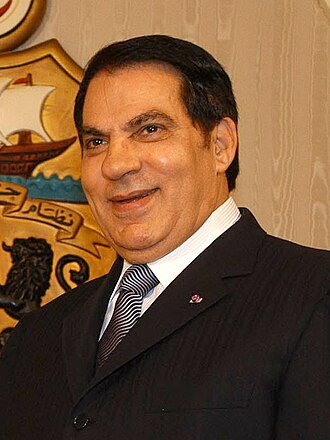
JANUARY 14, 2011
Tunisian president Zine el Abidine Ben Ali fled the country after several violent protests.
Zine El Abidine Ben Ali, commonly known as Ben Ali or Ezzine, was a Tunisian politician who served as the second President
Read More
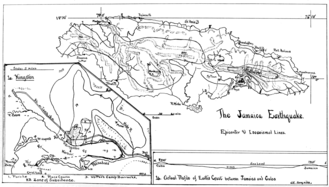
JANUARY 14, 1907
An earthquake registering 6.2 Mw struck Kingston, Jamaica, resulting in approximately 1,000 deaths.
The 1907 Kingston earthquake which shook the capital of the island of Jamaica with a magnitude of 6.2 on the moment magnitude
Read More
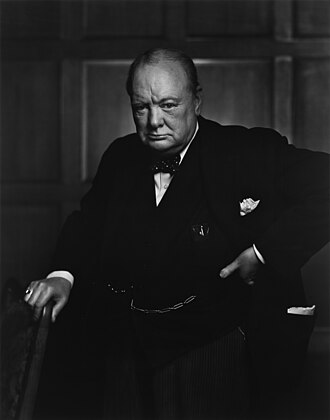
JANUARY 14, 1943
Winston Churchill, Franklin D. Roosevelt, Charles de Gaulle, and Henri Giraud met in Casablanca to plan the Allies' European strategy for the next phase of World War II.
Sir Winston Leonard Spencer Churchill was a British statesman, military officer, and writer who was Prime Minister of the United Kingdom from
Read More
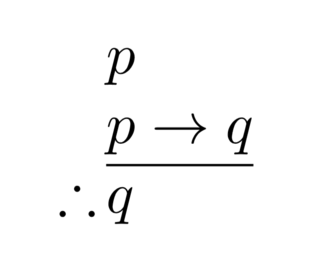
JANUARY 14, 1978
Austrian logician Kurt Gödel, who suffered from an obsessive fear of being poisoned, died of starvation after his wife was hospitalized and unable to cook for him.
Logic is the study of correct reasoning. It includes both formal and informal logic. Formal logic is the study of deductively valid
Read More
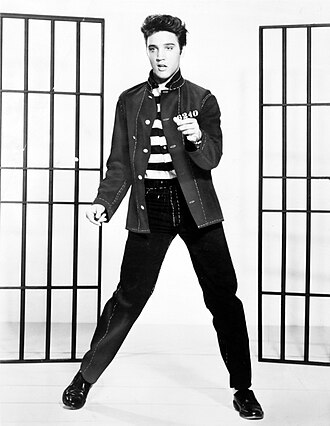
JANUARY 14, 1973
Elvis Presley's (pictured) concert Aloha from Hawaii via Satellite was broadcast live to audiences in Asia and Oceania.
Elvis Aaron Presley was an American singer and actor. Referred to as the "King of Rock and Roll", he is regarded as
Read More
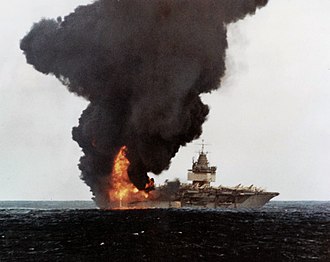
JANUARY 14, 1969
A major fire and series of explosions aboard the U.S. Navy aircraft carrier USS Enterprise killed 28 sailors, injured 314 others, and destroyed 15 aircraft.
The 1969 USS Enterprise fire was a major fire and series of explosions that broke out aboard USS Enterprise on January 14, 1969,
Read More
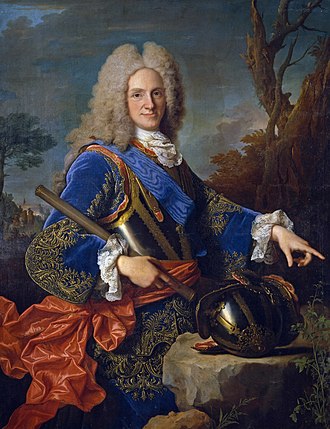
JANUARY 14, 1724
Philip V (pictured), the first Bourbon king of Spain, abdicated in favour of his seventeen-year-old eldest son, who became Louis I.
Philip V was King of Spain from 1 November 1700 to 14 January 1724 and again from 6 September 1724 to his
Read More
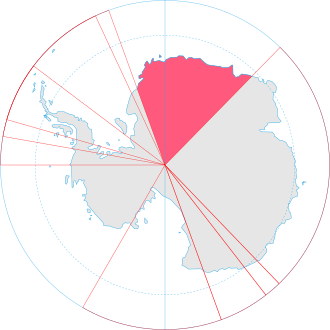
JANUARY 14, 1939
Norway claimed Queen Maud Land, a 2.7-million km2 (1.0-million sq mi) region of Antarctica, as a dependent territory.
Queen Maud Land is a roughly 2.7-million-square-kilometre (1.0-million-square-mile) region of Antarctica claimed by Norway as a dependent territory. It borders the claimed
Read More
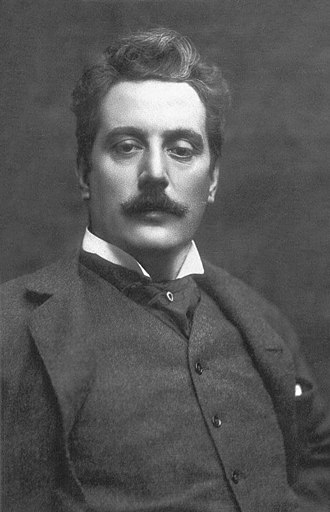
JANUARY 14, 1900
Giacomo Puccini's opera Tosca (poster pictured), based on the play La Tosca by French dramatist Victorien Sardou, premiered at the Teatro Costanzi in Rome.
Giacomo Puccini was an Italian composer known primarily for his operas. Regarded as the greatest and most successful proponent of Italian opera
Read More
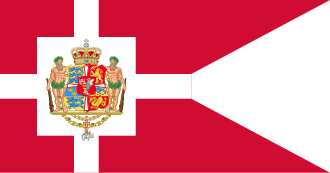
JANUARY 14, 1814
Sweden and Denmark–Norway signed the Treaty of Kiel, whereby Frederick VI of Denmark ceded Norway to Sweden in return for the Swedish holdings in Pomerania.
Denmark–Norway is a term for the 16th-to-19th-century multi-national and multi-lingual real union consisting of the Kingdom of Denmark, the Kingdom of Norway,
Read More
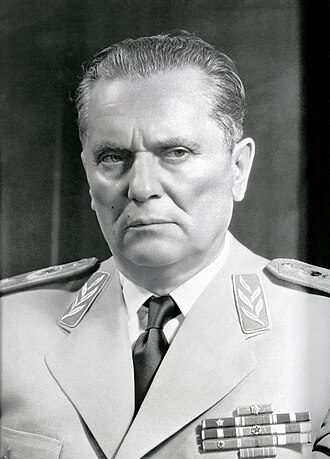
JANUARY 14, 1953
Josip Broz Tito was inaugurated as the first president of Yugoslavia.
Josip Broz, commonly known as Tito, was a Yugoslav communist revolutionary and politician who served in various positions of national leadership from
Read More
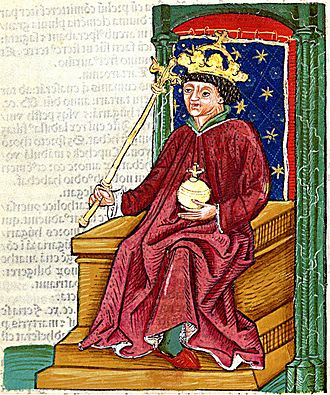
JANUARY 14, 1301
King Andrew III died without any male heirs, ending the Árpád dynasty, which had ruled Hungary since the late 9th century.
Andrew III the Venetian was King of Hungary and Croatia between 1290 and 1301. His father, Stephen the Posthumous, was the posthumous
Read More
Showing selected events of January 14
January Events
- January 1
- January 2
- January 3
- January 4
- January 5
- January 6
- January 7
- January 8
- January 9
- January 10
- January 11
- January 12
- January 13
- January 14
- January 15
- January 16
- January 17
- January 18
- January 19
- January 20
- January 21
- January 22
- January 23
- January 24
- January 25
- January 26
- January 27
- January 28
- January 29
- January 30
- January 31

